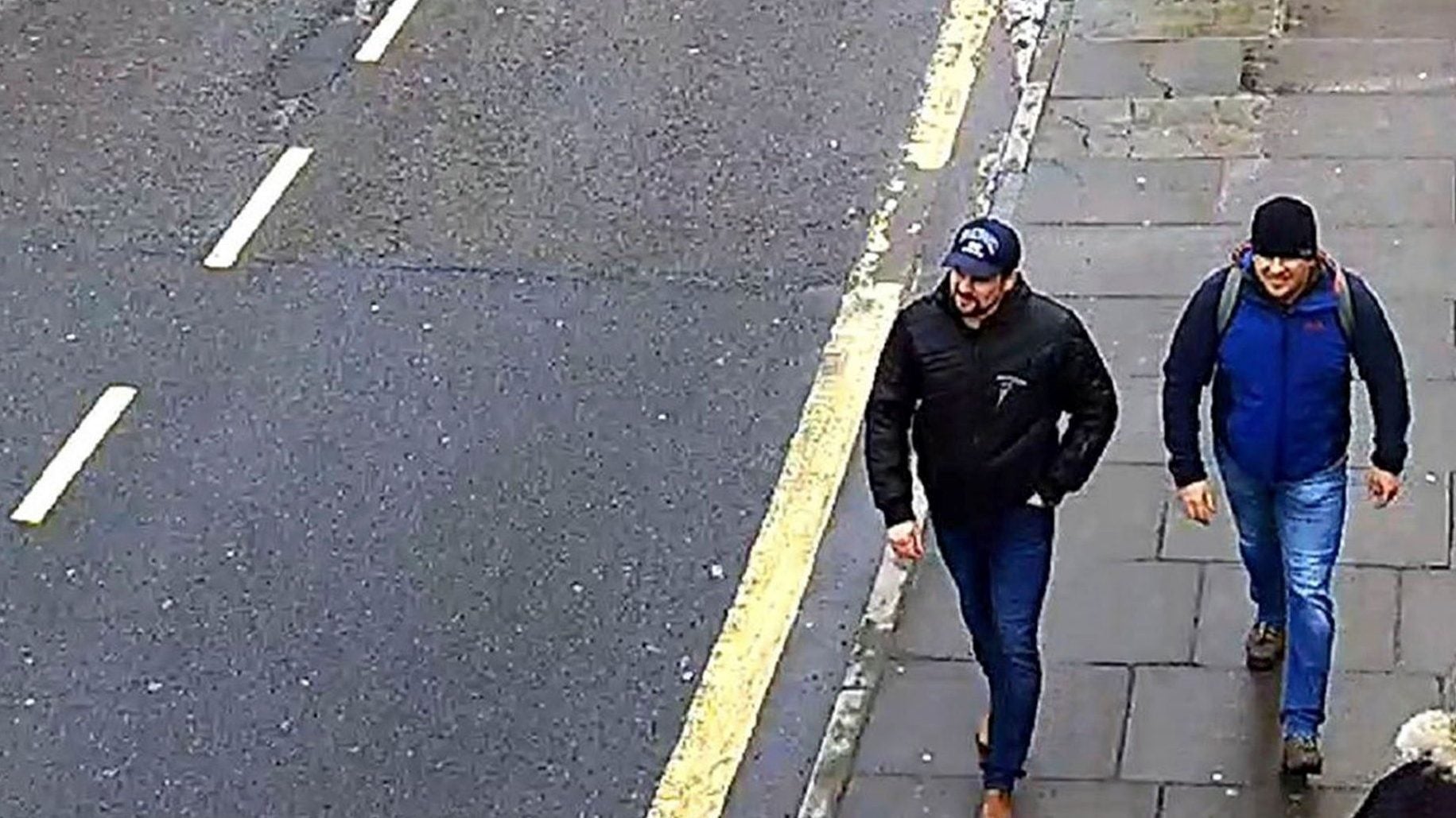Almost no one in Russia thinks Russians were behind the poisoning of an ex-spy in the UK
Evidence has been inexorably mounting that two people poisoned in the UK city of Salisbury in March—Sergey Skripal, a former double agent, and his daugher Yulia—were targeted by Russian agents. The agents themselves have been identified, their real names have been revealed, and they have been charged by UK public prosecutors. In September, Theresa May, the UK prime minister, publicly denounced the assassination attempt on British soil.


Evidence has been inexorably mounting that two people poisoned in the UK city of Salisbury in March—Sergey Skripal, a former double agent, and his daugher Yulia—were targeted by Russian agents. The agents themselves have been identified, their real names have been revealed, and they have been charged by UK public prosecutors. In September, Theresa May, the UK prime minister, publicly denounced the assassination attempt on British soil.
But a new survey by one of the only independent pollsters in Russia found that, in the country itself, almost no one believes it.
The Levada Center surveyed 1,600 Russians over the past week, asking whether respondents had heard about the poisonings and who they thought was to blame (link in Russian). Only 3% said that they thought the Russian secret service was behind the attacks, versus nearly 30% who said that British agents were to blame.
British authorities have been extremely clear in their reasons for suspecting and charging two Russian agents. May said after the attack that the Novichok nerve agent used in the poisonings must have originated in Russia, and reiterated in September that “only Russia had the technical means, operational experience and motive to carry out the attack.” CCTV footage tracked the accused agents, traveling under aliases, to and from the crime scene.
Meanwhile, a detailed investigation by Bellingcat, an independent journalism organization based in the UK, used a mixture of facial recognition and other techniques to identify both men and name them as Anatoliy Chepiga and Alexander Mishkin, both highly decorated members of Russia’s security service, the GRU.
The Skripals and a local policeman were all left in a critical condition after contact with the nerve agent, but survived. Two members of the public, Dawn Sturgess and Charlie Rowley, were later exposed to a container which was probably used by the poisoners and then discarded. Sturgess died.
That nearly a third of Russians believe the UK poisoned the Skripals, presumably in order to reflect badly on Russia, is in line with May’s assertion that a Kremlin-led campaign was underway to obscure and confuse what had taken place. “Their attempts to hide the truth by pushing out a deluge of disinformation simply reinforces their culpability,” she said.
The majority of Russians polled by Levada, however, chose a strange, somewhat nihilstic answer: “It could be anyone.” The respondents had two choices that equated roughly with “I don’t know,” the other being, “Hard to answer.” That most (56%) chose blanket distrust echoes some of the rhetoric used by politicians, including Donald Trump and Vladimir Putin, to call into question the veracity of figures cited by experts, facts reported by the media, and other points of view. (It should be noted that 15% of Russian survey respondents said they hadn’t heard anything about the Skripal case.)
The answer “it could be anyone” does not, in fact, discount Russian agents. It’s non-committal, but also non-specific, potentially including the UK, Russia, both, neither, and a limitless range of other potential conspirators. For these people, the state-sponsored propaganda hasn’t necessarily convinced them that Russia wasn’t to blame; it’s made them distrust everyone, everywhere.